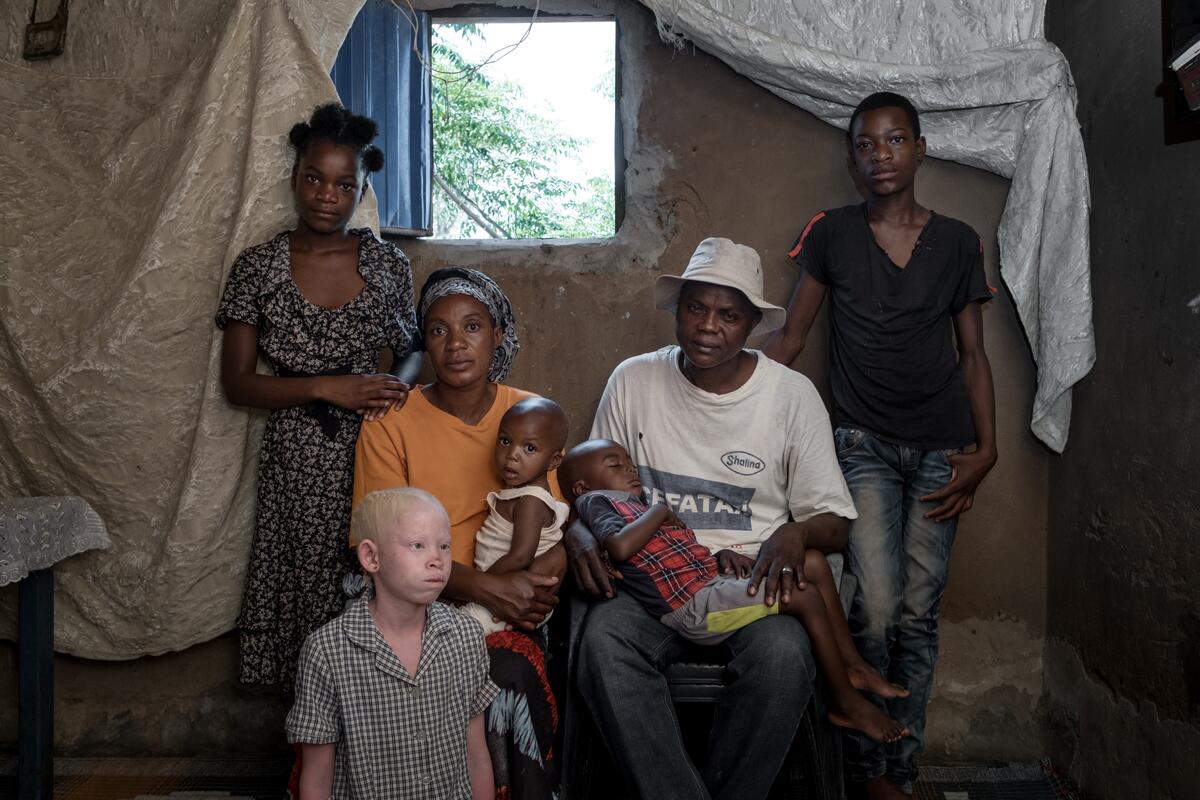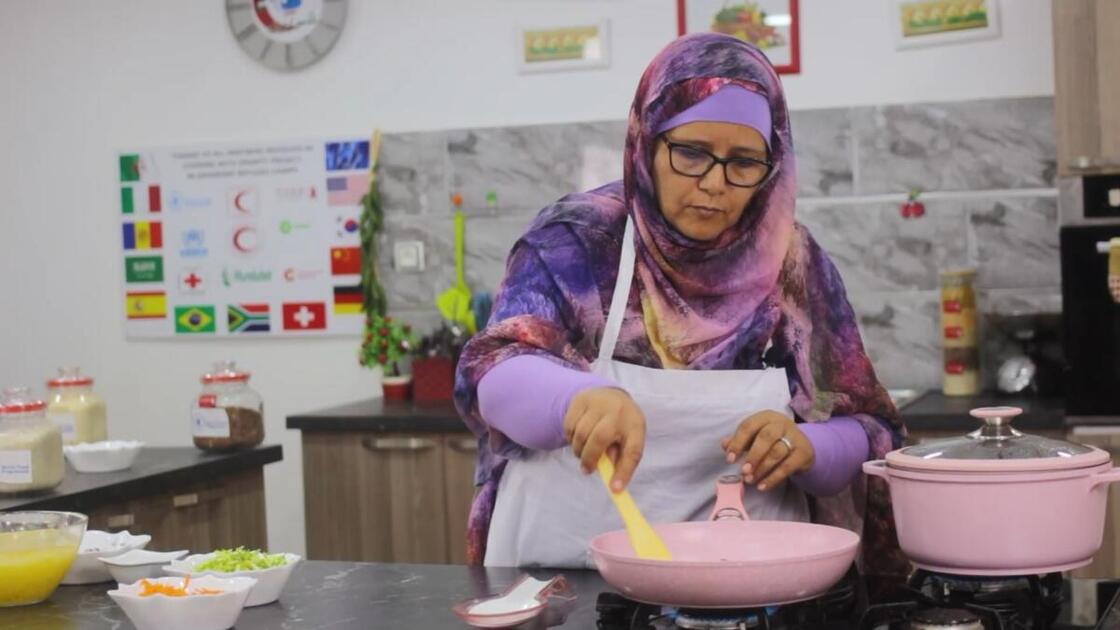Malnourished children among the thousands fleeing Sudan's Nuba Mountains
Malnourished children among the thousands fleeing Sudan's Nuba Mountains

YIDA, South Sudan, May 23 (UNHCR) - Truckloads of refugees are arriving in South Sudan's Yida border area from neighbouring Sudan's Nuba Mountains every day, including many malnourished children.
Obama, aged two, looks a fraction of his age. His family walked for two days from Mongolo to reach the border, and were then taken by truck to Yida a few kilometres away in South Sudan's Unity state. Along with luggage, sacks, bed frames and cooking pots, Obama is dangled from the truck and passed into waiting hands at UNHCR's registration centre for new arrivals.
"The Antonovs [war planes] kept coming," says his aunt Madina, 13, as the under-sized baby clings to her. "There is no food in Mongolo. We ate wild fruits."
Forced to flee conflict and hunger, their story is increasingly common among recent arrivals in Yida. "There was rain in the village but the constant fighting prevented us from cultivating maize, sorghum, groundnuts and simsim [sesame]. People picked food from the trees and bushes," says farmer Abdulrahim Kwah, 32, who came a month ago from Shat village.
In the last two weeks, increasing numbers of malnourished children have been arriving in Yida. To address this problem urgently, all new arrivals aged six months to five years are taken to the health screening centre run by the non-governmental organization, Samaritan's Purse. Their weight and height are measured, as well as the length and circumference of their upper arms to screen for malnutrition. They are given high energy biscuits and the severely malnourished are referred to the nutrition centre for treatment.
Staff at the health screening centre offer a snapshot of the malnutrition situation. On a day where 105 children were screened, 16 were moderately malnourished and five were severely malnourished.
Abdulrahim's sister Kaltum, 16, arrived three days ago with her four children. Her youngest baby has a bloated belly and wrinkled bottom. Like all new arrivals, the family was given a sack of emergency food rations which the petite mother carried on her head, walking briskly in flipflops while her children trailed behind.
Fleeing without her husband, Kaltum is lucky to find family support in Yida. Her mother and siblings had been separated in the confusion of fighting, arriving at different times on various routes. Three relatives were killed in an ambush en route and several were abducted. Their fate is unknown.
This underscores the concern of humanitarian agencies that Yida is located too close to the disputed border and should not be hosting refugees. Nonetheless, aid workers continue to provide basic assistance at the transit site while working to relocate refugees who want to move further inland.
Upon a more detailed registration of newcomers in Yida, UNHCR gives them tokens for one-month World Food Programme rations that include oil, maize, salt and sometimes beans. The refugee agency distributes relief supplies such as plastic sheets, blankets and sleeping mats through the refugee leaders, prioritizing vulnerable refugees like female-headed families, unaccompanied children and the disabled.
Water points and latrines are maintained by agencies such as Samaritan's Purse and the International Committee of the Red Cross (ICRC) while Médecins Sans Frontières and CARE provide health treatment. UNHCR and the aid group, Non-Violent Peace Force, conduct protection monitoring, especially among vulnerable refugees. Schools are organized by the refugee community.
Yida now hosts some 35,000 refugees from the Nuba Mountains. The pace of arrivals -averaging 430 refugees a day - is expected to remain high before the roads are cut off during the rainy season.
By Vivian Tan in Yida, South Sudan









